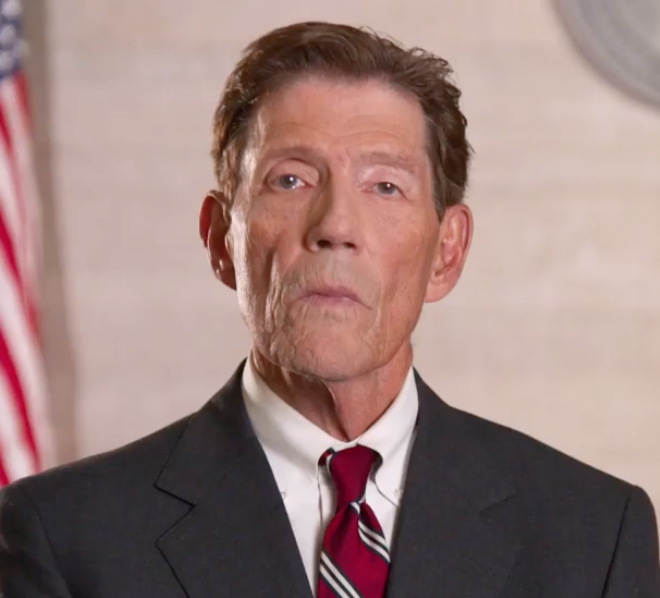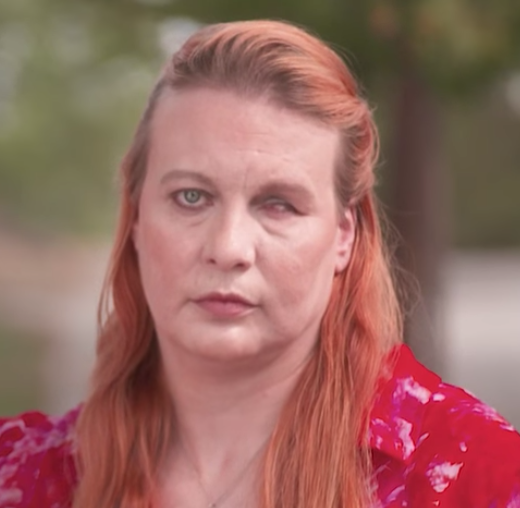Marsy's Law for Ohio was passed by voters on November 7, 2017
What is Marsy's Law?
Marsy’s Law for Ohio ensures that victims of violent crime have the same co-equal rights as the accused and convicted – nothing more, nothing less.
Stories
Franklin County Prosecutor Ron O’Brien supports Marsy's Law in Ohio.
Franklin County Prosecutor Ron O’Brien supports Marsy's Law in Ohio.
Learn More
It's time we do something to ensure our criminal justice system is truly balanced. – AG Mike DeWine
It's time we do something to ensure our criminal justice system is truly balanced. – AG Mike DeWine
Learn More
Marsy's Law for Ohio gives victims the rights they need and deserve. – Ronda Blakenship
Marsy's Law for Ohio gives victims the rights they need and deserve. – Ronda Blakenship
Learn More
FAQs
-
What is Marsy's Law?
Marsy’s Law gives crime victims meaningful and enforceable constitutional rights equal to the rights of the accused. Some examples of the types of rights to which we believe all victims are entitled are:
- To be treated with dignity and respect throughout criminal justice proceedings
- To be notified of his, her or their rights as a victim of crime
- To be notified of specific public proceedings throughout the criminal justice process and to be present and heard during those proceedings
-
Are crime victims provided an attorney to protect their rights?
Courts are not required to appoint an attorney for crime victims, though they may choose to do so at the court’s expense. Victims can also choose to hire their own attorney.
In many cases, victims can access free legal help through organizations like the Ohio Crime Victim Justice Center.
-
What recourse does a victim have if their rights are ignored or denied?
Victims seeking to protect their rights have several options. They can request free legal help from organizations like the Ohio Crime Victim Justice Center or ask the prosecutor for assistance in enforcing their rights. Victims may also choose to hire a private attorney. Whether on their own or through legal counsel, they can file motions in trial court and appeal court decisions when necessary.
-
Does notifying victims slow down court proceedings?
Legal experts agree that notifying victims and allowing limited participation does not significantly delay court proceedings. Victims who opt in may briefly speak at hearings, such as those determining release conditions—but they have long served as essential witnesses and often testify at trial.
The case remains between the State and the defendant. Marsy’s Law does not change the District Attorney’s authority or decision-making power. Victims are not parties to the case, but they are recognized as more than bystanders. They cannot override the DA’s decisions, but their rights are guaranteed under the law.
-
Does Marsy’s Law apply to civil protection order cases?
It depends. Marsy’s Law protections may be applied to civil matters in some circumstances, for example, when there is a pending criminal case along with the civil matter. For more information on this topic, contact Ohio Crime Victim Justice Center at 614-848-8500 or info@ocvjc.org.
-
How are disagreements between the victim and prosecutor handled?
It depends on the nature of the disagreement. Victims in Ohio have rights guaranteed by the state constitution, statutes, and court rules that they may exercise independently. However, decisions related to how a case is prosecuted fall within the discretion of the prosecutor. While prosecutors are required to confer with victims, they are not obligated to follow the victim’s requests.
-
Are there limits on how often a victim can meet with the prosecutor?
Marsy’s Law gives victims the right to confer with the government’s attorney upon request, but this right is subject to reasonable limitations. The Ohio Crime Victim Justice Center encourages the use of victims’ advocates to help facilitate conversation between the victim and the prosecutor.
-
Are law enforcement agencies in Ohio trained on Marsy’s Law?
Yes, law enforcement agencies in Ohio are trained on Marsy’s Law through several established programs:
-
The Ohio Crime Victim Justice Center's live and webinar-based programs
-
The Ohio Peace Officer Training Academy mandatory continuing education modules
-
The Ohio Attorney General’s Victim Services training programs for law enforcement and allied professionals
-
Ohio News
Stay up to date on the latest news for Marsy's Law for Ohio.
1 min read
Marsy’s Law for Ohio Endorses Ohio Issue 1
1 min read
A Closer Look with Sophia Fifner
